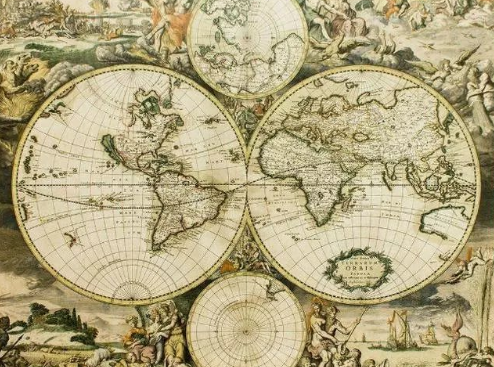The Manchu is an ancient ethnic group in China with rich historical and cultural traditions. In the surname system of the Manchu, the eight major surnames are an important concept, which represent the noble class in the Manchu society. However, some people may find that the famous Aisin-Gioro surname is not included in the list of the eight major surnames. This raises a question: why was the Aisin-Gioro surname not included in the eight major surnames of the Manchu?

To answer this question, we first need to understand the concept of the eight major surnames of the Manchu. The eight major surnames refer to the Guarwa, Niuhuru, Shumulu, Dongge, Majia, Feimo, Qijia, and Fucha. These surnames enjoy a high status in the Manchu society, and their family members often have close ties with the Qing royal family. Members of these surnames have made significant achievements in political, military, and cultural fields, making important contributions to the development of the Manchu society.
However, as the surname of the Qing royal family, the Aisin-Gioro surname actually has a higher status than the eight major surnames. In the Manchu society, the Aisin-Gioro surname represents the highest ruling class, and its family members held positions such as the emperor and other high-ranking officials. Therefore, the Aisin-Gioro surname was not included in the eight major surnames but existed independently as a royal surname.
In addition, the statement that "the eight major surnames are only servant surnames" is inaccurate. This statement may stem from misunderstandings or biases about historical facts. In fact, the eight major surnames represent the noble class in the Manchu society, and their family members held many important positions during the Qing dynasty, making significant contributions to safeguarding national interests and social stability. To simply denigrate the eight major surnames as "servant surnames" is a misrepresentation of historical facts.
In summary, the eight major surnames of the Manchu are an important concept in the Manchu society, representing the noble class. The Aisin-Gioro surname, as the surname of the Qing royal family, has a higher status than the eight major surnames and was therefore not included. We should respect historical facts and correctly understand the status and role of the eight major surnames and the Aisin-Gioro surname in the Manchu society and the history of the Qing dynasty.
Disclaimer: The above content is sourced from the internet and the copyright belongs to the original author. If there is any infringement of your original copyright, please inform us and we will delete the relevant content as soon as possible.































